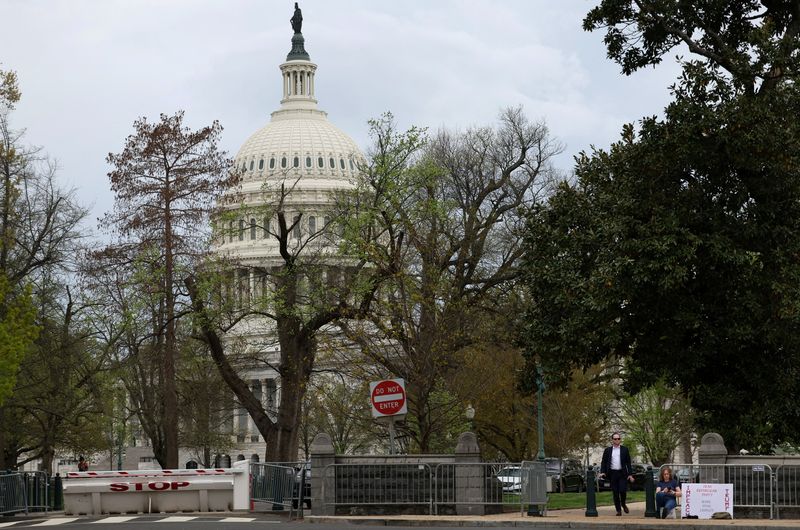Israel-Iran Conflict Spurs Oil Price Surge

Immediate Impact of Israel-Iran Conflict on Oil Prices
Following Israel's military actions against Iranian targets and Iran's subsequent retaliation, crude oil prices experienced a sharp surge. West Texas Intermediate (WTI) crude oil, the U.S. benchmark, spiked 14% in overnight trading before settling at a 7.5% gain at $73.12 per barrel. Similarly, Brent crude, the global benchmark, rose 7% to $74.38 per barrel. These increases mark the largest intraday jumps in years, signaling heightened market concern over the stability of Middle Eastern oil supplies.
The Middle East plays a critical role in global energy markets, with Iran being a significant oil producer and the Strait of Hormuz serving as a key chokepoint for one-fifth of the world's oil supply. Fears of prolonged disruptions to oil flows have led to heightened volatility, with analysts warning of potential spillover effects on global markets. These developments echo similar oil price spikes seen during past geopolitical conflicts, such as Russia's invasion of Ukraine in 2022.
Potential Escalation Scenarios and Inflation Risks
The possibility of Iran targeting the Strait of Hormuz or regional oil infrastructure remains a key concern. The Strait of Hormuz is a vital maritime route through which approximately 21 million barrels of oil pass daily. Any significant disruption could lead to a supply shock, pushing oil prices beyond $100 per barrel, as noted by Goldman Sachs. This would mirror the inflationary pressure seen in early 2022, when oil prices surged following the Russia-Ukraine conflict.
Economists estimate that a $10 increase in oil prices could raise the inflation rate by approximately 0.5 percentage points. If crude prices rise to $120 per barrel, inflation could accelerate to levels as high as 5%, complicating efforts by central banks, including the Federal Reserve, to maintain their 2% inflation targets. While analysts view an all-out disruption of the Strait of Hormuz as unlikely, any escalation involving attacks on oil infrastructure could exacerbate global inflation risks.
Market Predictions and Mitigation Strategies
Market experts generally predict that oil prices will stabilize if tensions de-escalate. Goldman Sachs, for example, has maintained its year-end forecast for WTI crude at $55 per barrel, assuming no major supply disruptions. However, the risk premium on oil remains elevated, reflecting uncertainties tied to the conflict's trajectory.
To mitigate potential supply shocks, key measures include increased oil production by OPEC members and the release of emergency reserves. Saudi Arabia and other OPEC nations have the capacity to offset supply shortfalls by ramping up production, while the International Energy Agency (IEA) could coordinate the release of strategic petroleum reserves, as seen during the 2022 crisis. These strategies aim to stabilize markets and shield consumers from the economic fallout of higher energy prices. However, the effectiveness of these measures will depend on the scale and duration of any disruptions stemming from the Israel-Iran conflict.
 Sources
Sources- Israel-Iran conflict means gas prices
 yahoo
yahoo - Israel-Iran Fighting Mean Oil Prices Inflation
 yahoo
yahoo - Israel-Iran Fighting Mean Oil Prices Inflation
 investopedia
investopedia
Top News
Related Articles
- Israel-Iran conflict means gas prices
 yahoo
yahoo - Israel-Iran Fighting Mean Oil Prices Inflation
 yahoo
yahoo - Israel-Iran Fighting Mean Oil Prices Inflation
 investopedia
investopedia
People Also Watch


















